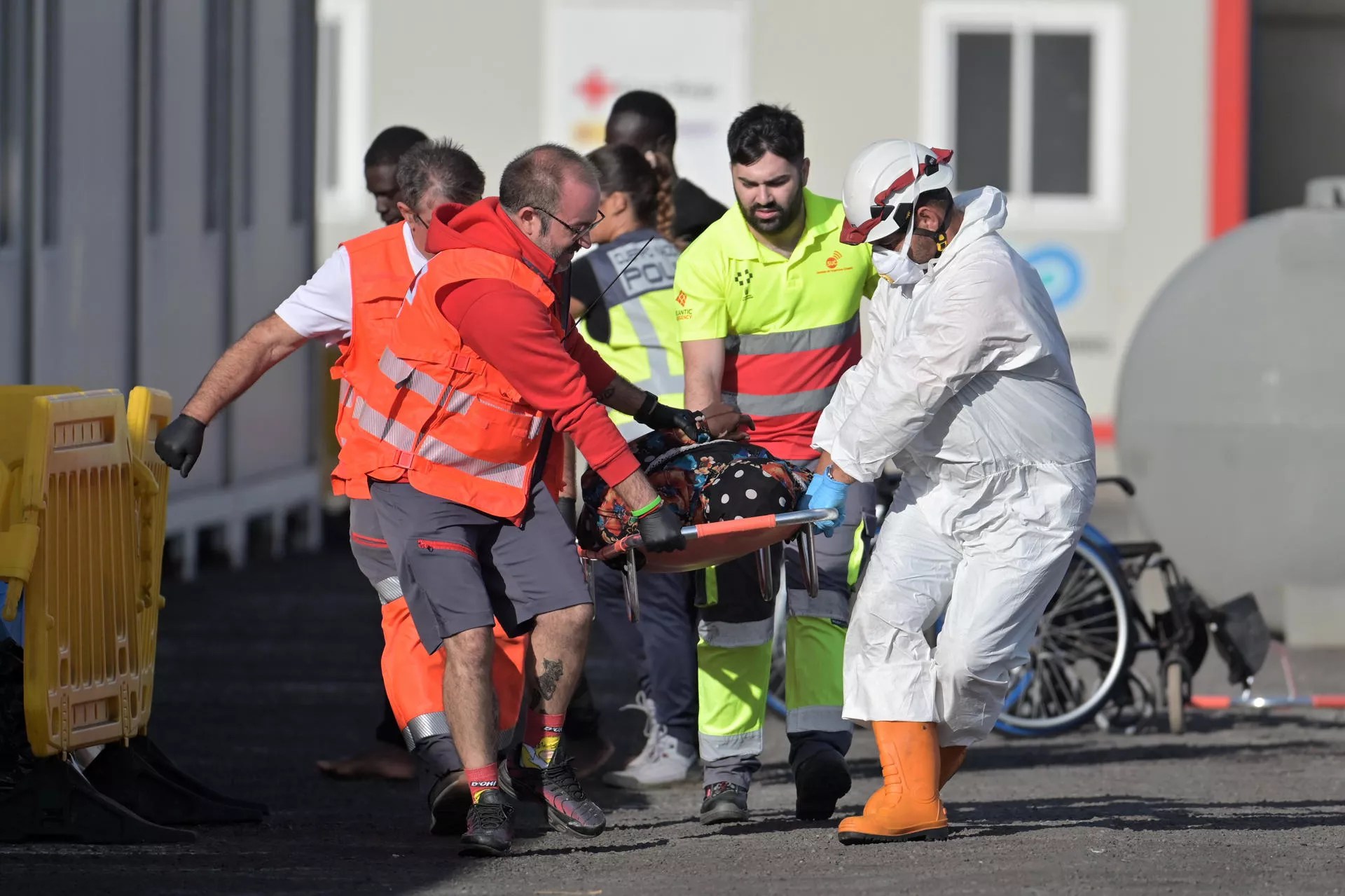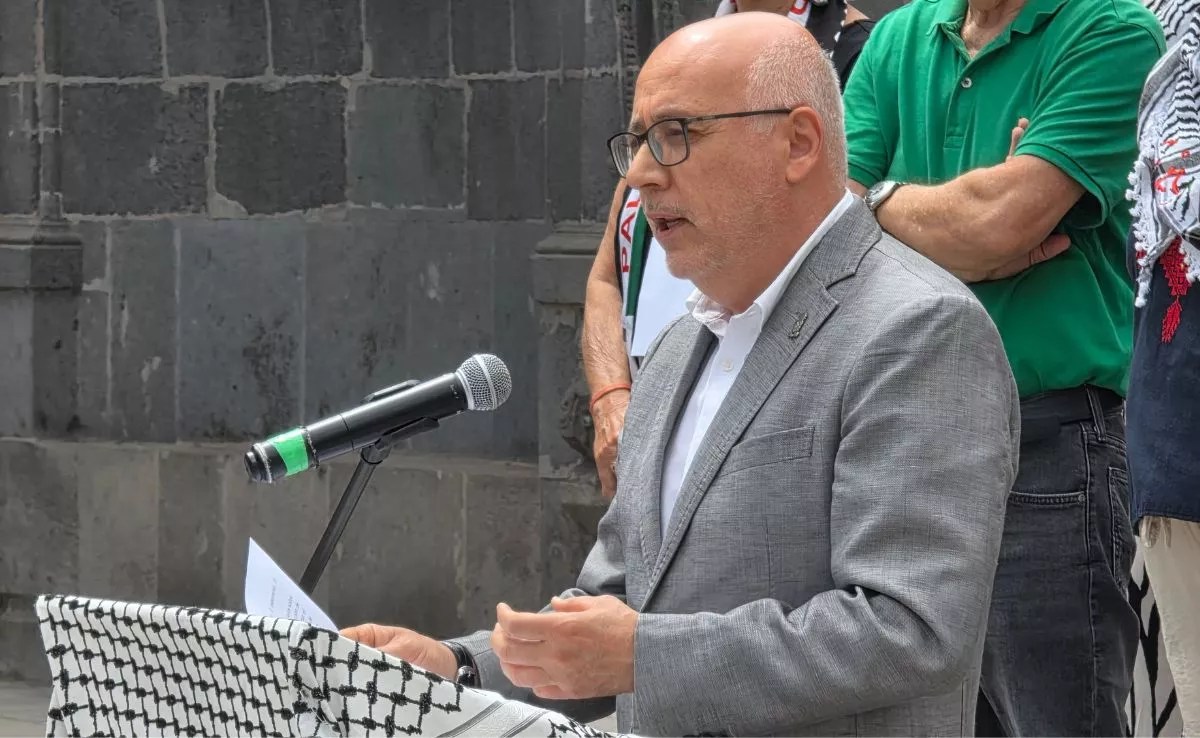Rodents and insects such as rats and cockroaches have been the primary focus of pest management and rodent extermination initiatives carried out by the Department of Public Services and Environmental Sustainability of Santa Cruz de Tenerife City Council this year. Efforts have been made on public thoroughfares, open spaces, networks of municipal facilities or structures, as well as in rural areas, where public awareness plays a crucial role in combating the spread of these pests.
The pest control service of the capital has addressed more than 225 complaints from residents, registered between January 2 and July 9, 2024, aimed at eliminating rats, cockroaches, fleas, bedbugs, wasps, or mice, among other species. These actions are part of measures implemented to prevent a surge in pest populations, in addition to nearly 170 campaigns conducted in municipal premises or educational institutions.
This information was disclosed by the Public Services Department to the municipal socialist group during the oversight session held last Thursday in response to an inquiry posed by the PSOE regarding the municipal initiatives undertaken under the comprehensive urban pest control contract and actions triggered by complaints.
According to the pest control data, accessed by DIARIO DE AVISOS, interventions have been performed in all five districts of the municipality this year, with Salud-La Salle district leading with 135 actions, followed by Suroeste district (120); Centro-Ifara (106); Ofra-Costa Sur (102); and Anaga (54).
Regarding the types of interventions, rats topped the list with 244 actions, followed by cockroach-rat infestations (139); cockroaches (75); fleas (19); wasps (12); ants (10); rodent rings in trees (9); mice (3); mosquitoes (29); bedbugs (2); and bees (2).
The department stated, “This year, actions have been carried out in compliance with the terms and conditions stipulated in the pest control contract, with continuous pest control and rodent extermination campaigns.” They also mentioned ongoing work in rural areas (public spaces), sewer systems, bait traps placed around the city, and enhanced efforts in areas with high levels of infestation.
The control of mosquitoes is conducted post heavy rainfall in areas with standing water, while particular emphasis was placed on assisting Public Health in managing an Aedes mosquito outbreak identified in the Vuelta de Los Pájaros locality in recent months.
Furthermore, the department clarified that actions were initiated in response to reports or complaints about the presence of vectors, relayed directly by residents or other sources, addressing various other types of pests like bees, wasps, bumblebees, ants, fleas, spiders, ticks, centipedes, millipedes, or flies.
















